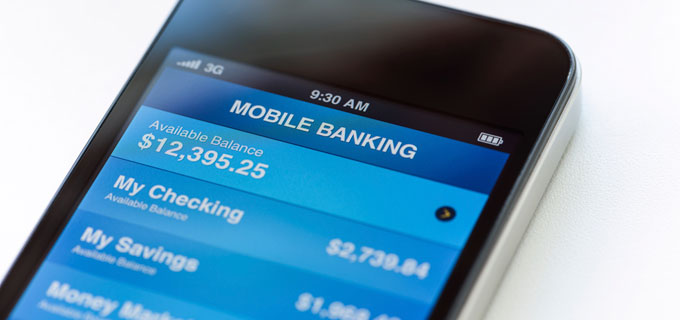Apple Pay in Australia
Here at APCA, one of our jobs is to ensure that the community is well informed about payments systems and their future evolution. We were therefore very interested in recent industry media commentary on the evolution of new payment technologies and, in particular, the progress of Apple Pay in Australia.
Australian payment institutions have been criticised by some in the local media for not getting together to make Apple Pay happen. I am not privy to any commercial discussions (of course), but that is a little surprising. There just might be legitimate pro-competitive reasons for that not happening – they are competitors and given Apple’s market weight, they will doubtless have a significant effect on competitive dynamics. This bears careful thought.



